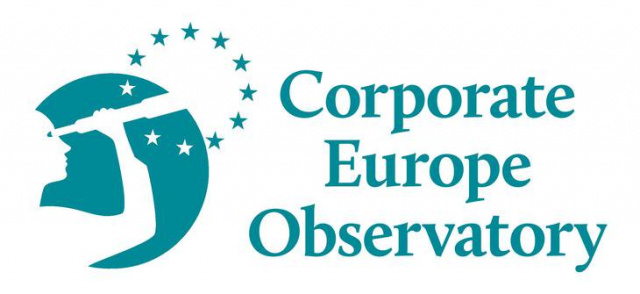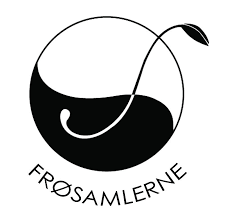In February 2014, the European Patent Office in Munich (EPO) granted a patent to Monsanto on screening and selecting soybean plants adapted to various climate zones (EP2134870). The plants supposedly have higher yields in different environmental conditions. The plants concerned are wild and cultivated species from Asia and Australia. According to the patent, more than 250 plants from “exotic“ species were screened for variations in climate adaption potential and variations in the period of time needed until maturity and harvesting. Monsanto has gained a monopoly with this patent on the future usage of hundreds of natural DNA sequence variations in the conventional breeding of soybeans.
Some background on the patent
The title of the patent is “Utility of SNP Markers associated with major soybean plant maturity and growth habit genomic regions”. SNP are so-called single nucleotide polymorphism, which are known as natural variations of genetic conditions within the plant species. The SNP markers can be used in marker assisted selection for screening for specific genetic conditions. The SNPs described in the patent are related to adaption of plants to various climate zones. These genetic traits are of interest for plant breeding because they can be decisive for the time needed until maturity and harvesting. Amongst others, the SNPs can be used to breed soybeans adapted to conditions of climate change.
The descriptions in the patent clearly reveal that this is a case of intentional biopiracy. There is a suggestion that the genetic base of soybeans grown in the US can be expanded by crossing with species from other origins.
...













